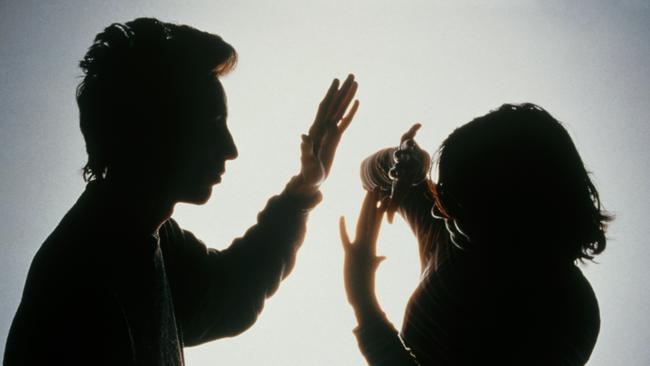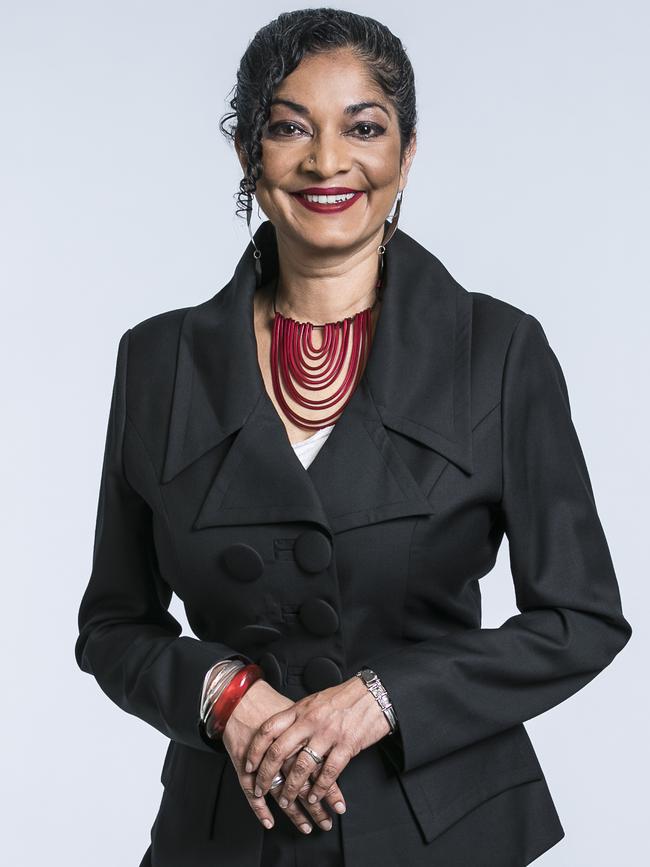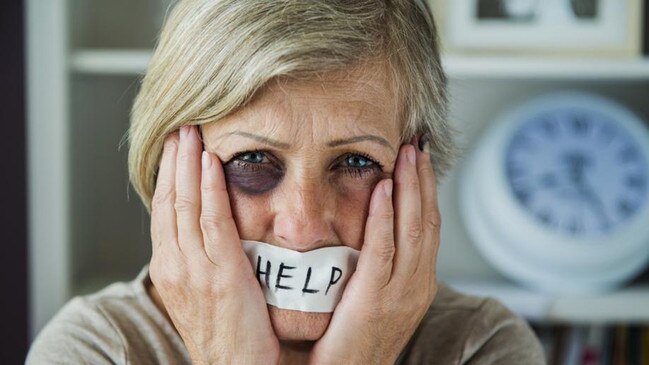Domestic violence services ill-equipped to help victim-survivors of adolescent violence in the home
A Sydney grandfather has opened up about his struggle managing his violent granddaughter as DV services struggle to meet demand.
Relationships
Don't miss out on the headlines from Relationships. Followed categories will be added to My News.
One in five young people admit to using violence in the home, as domestic violence support services report being ill-equipped to manage the rising cases of abuse, a new study by Australia’s National Research Organisation for Women’s Safety (ANROWS) found.
Siblings and mothers are most at risk, with 68 per cent using violence against a brother or sister, while half revealed they had been violent towards their mother.
The most common forms of adolescent-perpetrated abuse were verbal abuse (15 per cent), followed by physical violence (10 per cent), and emotional/psychological abuse (5 per cent).
The report also revealed exposure to domestic violence was a significant contributing factor to adolescent violence in the home.

The findings come in a year where four Australian women have been allegedly murdered by their children.
“These deaths show that domestic and family violence is nuanced and complex, and we need to have support services in place that provide trauma-informed, healing-informed support to young people who experience violence in the home,” ANROWS CEO Padma Raman said.
“When violence is normalised in the home, and there are not creative interventions and supports in place, then there can be devastating consequences,” Ms Raman said.
Despite almost 90 per cent of young people who were violent having either witnessed violence in the home or directly experienced child abuse, service providers continued to categorise them as perpetrators only, and not victim-survivors.
“The categorisation of adolescents who use violence as perpetrators, and not recognising that these behaviours have been learnt and normalised (is problematic),” Ms Raman said.
“Until the underlying issues are addressed, simply providing punitive responses will not be enough.”


A collaborative service response report on families experiencing adolescent violence in the home revealed many domestic violence services had difficulty understanding and recognising adolescent violence in the home.
“A common concern raised by practitioners was the ‘under-servicing’ and ‘over-servicing’ of families: if families were being under-serviced, they were not receiving effective support; if they were being over-serviced, they were engaging with multiple services for extended periods while seeing no constructive effect,” the report said.
These negative experiences were deterring families from future engagement, leaving them to try to manage violent teenagers in isolation.
After receiving little help from public services, a Sydney grandfather is now paying more than $500 per month to help manage his violent granddaughter – who was removed from her mother’s violent household.
“We were forced to call police as we could not access services. Mental health services took one year to agree to work with her, because they stated her issues were behaviour related,” the grandfather, who did not want to be named, said.

After three years, he said his 14-year-old granddaughter still assaults him regularly, despite improvements, but it is costing him “financially, physically and emotionally”.
“We would not change our situation as we love her, we are grateful she chose to leave her mother’s care, but we don’t know what her future will be,” he said.
Domestic Violence counsellor and clinical psychotherapist Julie Sweet said the impact of child perpetrated violence on parents can be profound.
“Often parents present with self blame, a sense of failure, over identification, denial and defensiveness. Mental health can also be compromised,” Ms Sweet said.
“Occasionally there’s a preference to bury heads in the sand or ‘protect’ children. Unfortunately without family therapy or therapeutic support families can slip through the cracks and the adolescents behaviour can in fact escalate.”
Originally published as Domestic violence services ill-equipped to help victim-survivors of adolescent violence in the home





